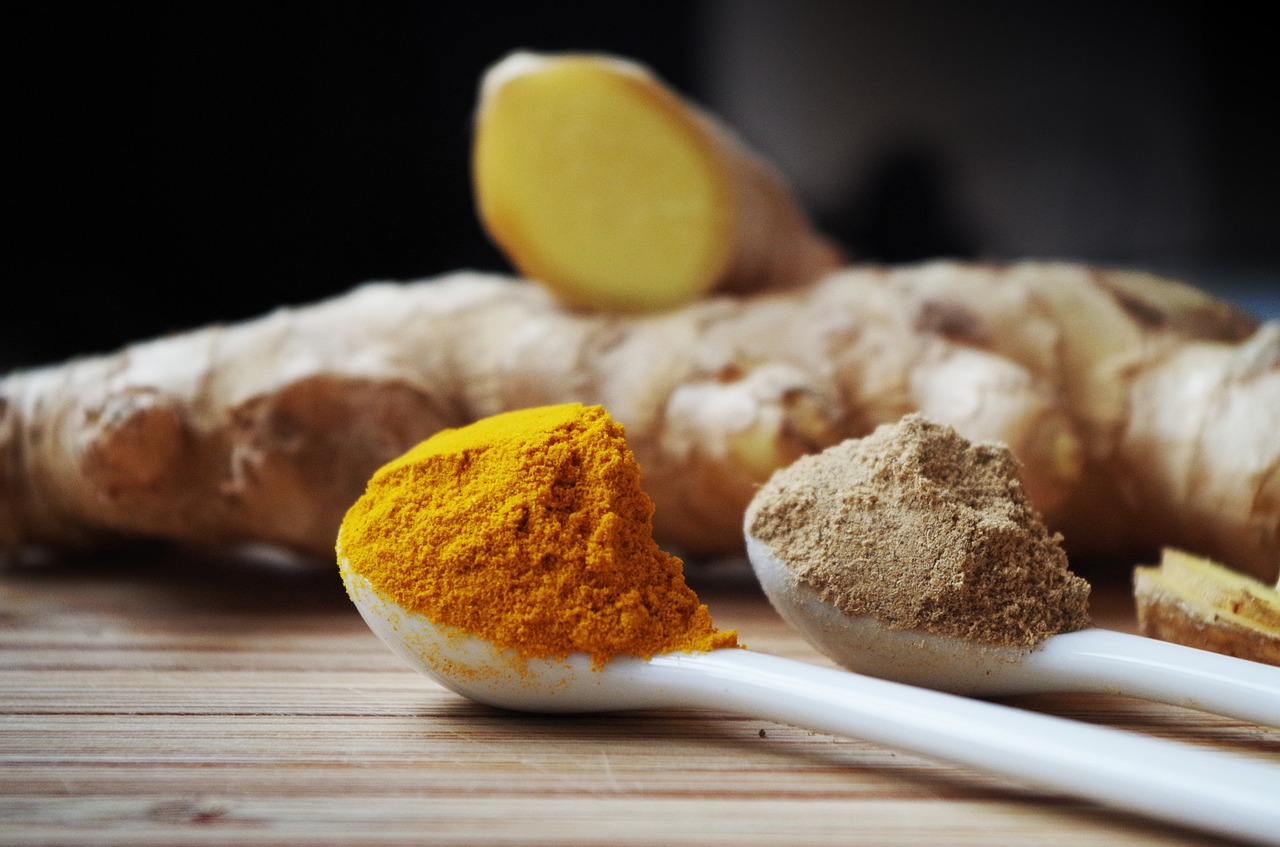Ginger is the key ingredient in many cooking and baking recipes. It has a distinctive taste that makes its presence known, but sometimes you may want to swap out the ginger paste for minced ginger powder.
This article will help you figure out if using ginger powder instead of ginger paste is really worth it and indeed you can do that.
Ginger powder is a dry, ground form of ginger that’s generally easier to use than ginger paste. It can be used in place of the paste if you prefer a finer texture, or if it’s too messy to handle. Ginger powder is also more potent than ginger paste, so you can use less of it for the same effect.
What is Ginger Paste?
Ginger paste is a combination of ground ginger and sugar that is used to flavor a variety of dishes. It can be stored for months in the refrigerator or freezer, so it’s easy to keep on hand.
When you don’t have time, or if you’re too lazy to grind your own ginger and sugar together, you can grab a jar of ginger paste instead. It’s easy to use and gives your meal a little extra depth.
Ginger paste is also delicious on its own as an accompaniment to a hot cup of tea or coffee. If you’re feeling adventurous, try out our Ginger Paste recipe from scratch. It will show you just how easy it is to make your own ginger paste!
Differences Between Ginger Paste And Powder
Ginger paste is a mixture of finely chopped ginger root and water. It’s usually used in baking recipes where you want the flavor of ginger to come through, but you don’t want the ginger to be too strong. A recipe with ginger paste can range anywhere from 1/2 cup to 3/4 cup per recipe.
Comes in a jar or tin
Powder is finely ground ginger that can be used as a dry spice for cooking. Powdered form is more concentrated than the paste, which means that less powder is needed for the same result.
Comes in a shaker or box
Why Use Ginger Paste Rather Than Powder?
Ginger paste is a common ingredient in Asian cuisine, Indian cuisine, and Middle Eastern cuisine. It’s made by mixing ground ginger with flour or other ingredients like sugar, salt and often water to make a paste. Ginger powder is simply ground ginger.
It is more versatile than the paste because it can be used as a spicy addition to any dish, including desserts and drinks. It’s not just for savory dishes either; you can use the powder as an enhancer in sweet treats, too.
The main difference between the two is that ginger paste needs to be cooked before being served while ginger powder doesn’t require cooking at all. This means it’s easier to store and transport than the paste.
The final difference between both types of ingredients is texture: The powder has a finer texture than the paste which makes it preferable for certain dishes where you want your flavor to come through without having to cook for long periods of time.
Try out this recipe that uses both ingredients to help decide whether you prefer one over the other!
The Cost of Making Your Own Ginger Paste
If you’re trying to decide whether ginger paste or minced ginger powder is more cost-effective, there are a few variables that come into play.
First, the amount of time it takes to make ginger paste can vary depending on the ingredients you use. If you choose to use large amounts of ginger juice, for instance, it will take a little longer than the powdered version.
Second, what type of storage container you are using will also affect how long your paste will last. If you used a jar with an airtight lid and stored it in the refrigerator or freezer, your ginger paste will last up to six months in its original form. If you poured it into a bowl and covered it with plastic wrap before putting it in the refrigerator or freezer, your fresh paste should last two weeks.
Lastly, if you choose to buy minced ginger at the store rather than making your own, then there is one other variable that comes into place: The cost per gram of powdered ginger versus minced ginger. Powdered ginger usually costs less per gram than minced ginger because most stores know that consumers would prefer to purchase pre-made options over homemade ones.
Bottom Line
Ginger powder is a great substitute for ginger paste because it is much easier to use. It can be added to smoothies, baked goods, or even tea. Ginger powder has the same flavor and health benefits as ground ginger.
However, it is a bit more expensive than ginger paste and does not have the same texture. You can also use fresh or frozen ginger powder in place of fresh or frozen ginger root.
If you prefer using a paste over a powder, you can make your own by combining fresh or frozen ginger root with a little water.
The result will be a tan-colored paste that can be used like fresh or frozen ginger root.

